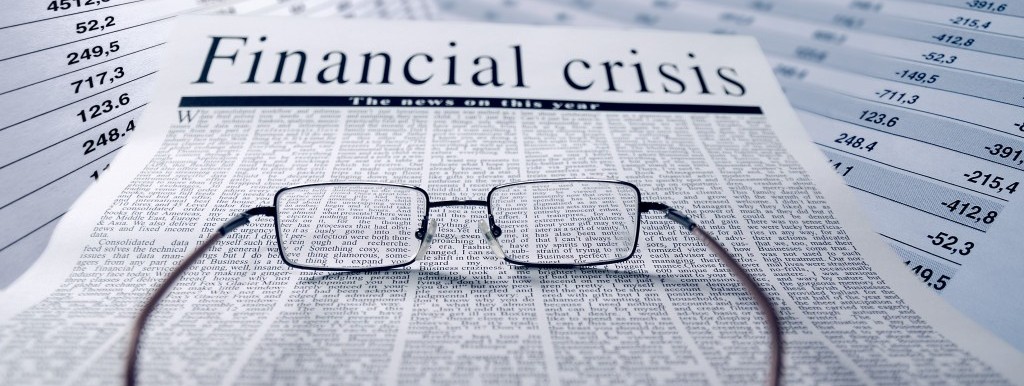The unknown risk
January 8, 2018 | Expert Insights

Financial markets have continued to perform remarkably well in 2018 as well. However, are there unknowable risks that could affect global recovery?
Background
It has been 10 years since the global economy was severely affected by the financial crisis of 2008. Triggered by the sub-prime mortgage bubble, the stock markets crashed and it was followed by a global recession. Some estimates note that the financial crisis cost $15 trillion globally. In order to address problems related to the subprime mortgage crisis and United States housing bubble, several new tools were created by the Federal Reserve. Some of the tools are: Term Securities Lending Facility, Term Auction Facility and Primary Dealer Credit Facility. The body acted to resuscitate two vital markets that broke down during the panic in the fall of 2008: money market mutual funds and short-term lending to businesses.
A decade after the financial crisis, economies have begun showing signs of recovery. In 2017, International Monetary Fund (IMF) projected a higher than expected growth for China, Japan and the Eurozone countries like Germany, France, Italy and Spain. Due to the strong performances expected from these nations, global growth is expected to be 3.5%. IMF’s chief analyst Obstfeld said, “The recovery in global growth that we projected in April is on a firmer footing; there is now no question mark over the world economy’s gain in momentum.”
In addition, the economy of the United States has also expanded. The US economy expanded at an annual pace of 3% during the three months to the end of September. This growth rate was higher than was expected by experts. This is largely due to the fact US states and towns have been hit adversely by hurricanes in the past few months. In the previous quarter the US GDP grew at an annual pace of 3.1%. On a year-on-year basis, GDP was up 2.3% according to estimates. The economy has grown for eight straight years, one of the longest stretches in history. Unemployment is down to 4.2%, its lowest since 2001.
Analysis
As a result of a strong global economy, global stock markets ended 2017 on record highs, gaining $9tn (£6.7tn) in value over the year. The FTSE 100 hit a new peak in London, with an all-time closing. In global terms, the MSCI all-country world index gained 22% or $9tn on the year to an all-time high of 514.53.
Craig James, chief economist at Sydney-based fund manager CommSec said, “For the outlook, the key issue is whether the low growth rates of prices and wages will continue, thus prompting central banks to remain on the monetary policy sidelines. Globalisation and technological change have been influential in keeping inflation low. In short, consumers can buy goods whenever they want and wherever they are.”
In 2018, the financial markets globally have continued to be bullish. In China, the rate of growth has moderated in recent years. A hub for the manufacturing industry, China is the fastest growing economy. Its economic growth has been over 10% for over 30 years. However, in the recent years, China’s exponential growth has come at the cost of increased debt. According to statistics, its debt is more than 250% of the GDP and is much higher than the US. Experts though continue to believe that China will continue to grow in 2018 as well. This trend is expected in regions within the Eurozone and Japan.
Given that global economy is on the uptick, there could be geopolitical ‘unknowables’ that could still adversely affect the current market. Inflation could something that investors fear would derail the progress being made. Inflation across the world for the most part has remained low. However, experts say that in 2018, inflationary pressure could emerge again. SCMP notes, “The probability may be relatively small, but the consequences could be far-reaching: such a reversal could prove to be the shock that derails the global bull market.”
Geopolitics could also play a role. An open conflict in North Korea or the Middle East would result in the devastation of the global markets. If the proxy war between Saudi Arabia and Iran becomes a full-fledged conflict, it would immediately affect oil prices.
Assessment
Our assessment is that experts have already begun sounding alarm over probable triggers that could result in another global financial crisis and recession. If there is open conflict in the Middle East or the Korean Peninsula, that would have an immediate and negative effect on markets and global economy as a result. Inflation could also play a role. Barring any geopolitical disasters, 2018 could once again become a bullish year for the economies of the world.








Comments